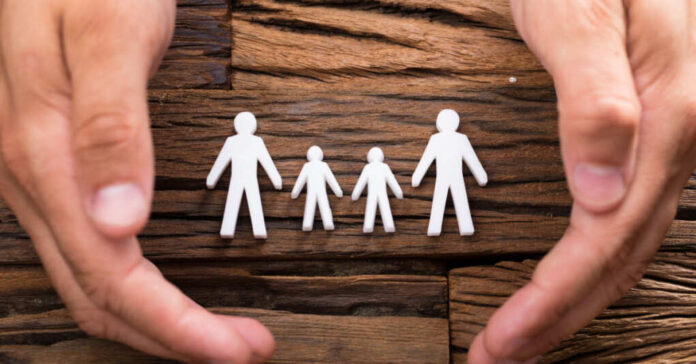
Researchers at Georgia College and State University conducted a study into the legalization of cannabis. They wanted to determine if it would “lessen stigma, permit proper use, and reduce the chance that a child will be removed” or if more kids would end up in foster care. With 3.4 million foster care cases as a part of their study, they utilized cases from 2007 to 2019.
With a thorough analysis of the differences between cases, they focused explicitly on drug misuse cases and compared states with legalization against those with prohibition. Control groups were broken down based on the state unemployment rates and capital income averages. As expected, when states allowed for recreational marijuana, there was no significant change in the number of parental or teen drug abuse cases among the control groups.
Surprisingly though, states that offered medical marijuana programs saw a massive shift in their numbers. In the first two years of a medicinal program alone, states saw an average drop of eight to 10 percent in cases that involved foster care due to drug misuse. In the third year, though, that drop expanded to 18 percent. This means “approximately 700 fewer entries to foster care [that] were related to parental drug abuse when a state legalized medical marijuana.”
With 90 percent of foster care cases involving drug misuse happening in states with legal medical marijuana, this drop marks a huge shift in the dynamic. As it stands, drug misuse is the second most cited reason for foster care involvement.
Currently, the study is pending peer review, and since they also compared restrictive versus open medical laws, they aren’t ready to conclude with the information yet due to some conflicts in the models for analysis. Limited states showed a massive drop in foster care cases across the demographics; however, the less restricted medical marijuana states had some variations in the data based on the analysis model.
According to the study, they found that overall, legalizing medical marijuana helped across the board, but also inferred that the data for state-specific limitations had too much variation to say conclusively. However, the states with legal marijuana have some disclaimers to consider.
“The only states that have legalized the recreational use of marijuana are those that have also legalized its medical use, so it’s unclear if this decrease in entries related to medical legalization is a culture effect—marijuana is now somewhat legally accepted and not necessarily an immediate suspicion when investigating claims of child maltreatment—or a medicinal effect—marijuana may now be consumed legally and is perhaps less likely to be abused. We suspect both effects may be at play.”
Researchers have found connections with better results for kids when the state has had recreational marijuana for some time now. While many have been quick to dismiss these claims, they exist, and they should be taken seriously.
Many of the people who are having problems with foster care are in a rough patch. Needing help but being unable to afford it, they get stuck going to the street for medication to help them. Not wanting to use prescriptions without a doctor, marijuana makes logical sense to help them bridge the gap and be able to function.
Unlike the legal alcohol that marijuana is frequently compared to, there is no addiction. It has legitimated and proven medicinal uses, and the people who are using it can function to hold down a job and be good parents. Alcohol cannot say that, and now this study supports this theory (at least in part) with both medicinal and recreational programs.
For the last 40 years, we have been at war with drugs. Over that time, we have started to give ground on marijuana and let the liberals have their fun with the subject. As a result, we have seen some massive changes in this country, and many of them come with marijuana legalization in various forms. Those with it are flourishing, those without it are suffering.
Perhaps it’s time we think of the children and legalize it.









